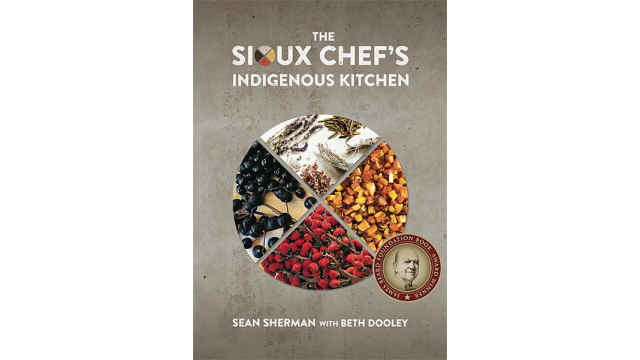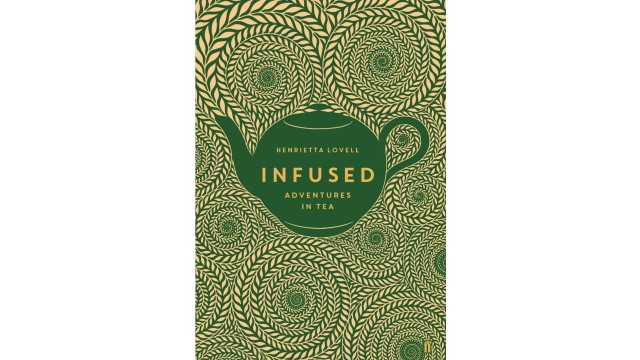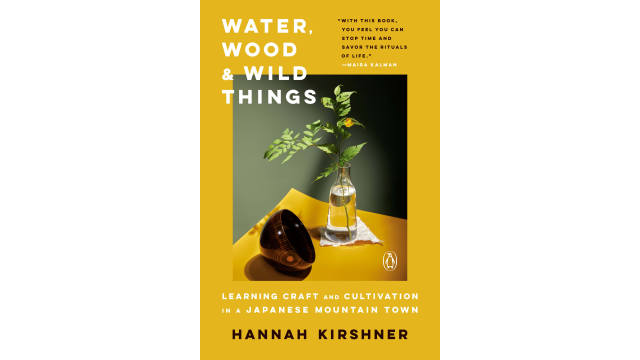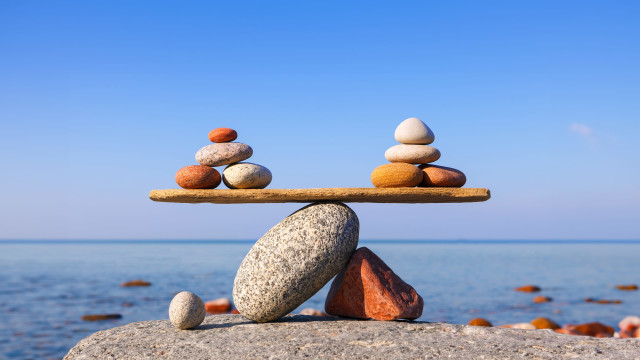Q&A with Sean Sherman

Growing up in the impoverished Pine Ridge Indian Reservation in South Dakota, Sean Sherman’s first job after high school was with the US Forest Service. It entailed noting the different names of local plants and their features, a project that sparked his career as an Indigenous food revivalist and researcher of the original biological wealth of the continent.
Thirty years later, Sherman is just as dedicated to reclaiming the ancestral wisdom, Indigenous food, and ingredients of North America. An enrolled member of the Oglala Lakota Sioux tribe, Sherman founded The Sioux Chef, an organization that works towards recovering Native American cuisines. These diets naturally avoid processed foods and ingredients like sugar, wheat, and dairy, which came from colonizing settler cuisines.
Sherman is also co-founder of the Indigenous Food Lab in Minneapolis a training center, research lab, and professional kitchen for Indigenous foods. Through the catering and consulting company he focuses on revitalizing Indigenous food systems and promoting healthy, sustainable eating.
Sherman has received numerous accolades for his work as an advocate for Indigenous food sovereignty and for raising awareness about the importance of preserving ancient food practices. In 2018, his first restaurant, Owamni by The Sioux Chef, received the James Beard Award for Best New Restaurant, while The Sioux Chef’s Indigenous Kitchen won Best American Cookbook.
Besides traditional cooking techniques like pit cooking, drying, smoking and fermentation, understanding Indigenous cooking also involves learning about the cultural and spiritual significance of food. For many Indigenous communities, food is not just a source of nourishment, but also a way to connect with their ancestors and the natural world — all of which shines through in Sherman’s food practices.
Roundglass Food: What impact has your book The Sioux Chef’s Indigenous Kitchen made over the years?
Sean Sherman: I feel like it's been able to do what I hoped it would do, which is to be a resource for people to think about Indigenous foods and culturally, seasonally, regionally relevant foods. It's great to see the book in academic settings — at schools and universities all over — and see that a book that's focused on health and culture could be so popular.
RG: What is the overriding wellness wisdom we can learn from Indigenous cooking practices?
SS: We have a lot to learn from Indigenous peoples on a global scale — they have the blueprint for living healthy and plant diversity. I am happy to help bring that to light.
RG: How do you find your focus while cooking?
SS: I love cooking seasonally and really love using wild ingredients. And making food that tastes like the landscape I might be standing on — thinking about the peoples and all the amazing flavors.
RG: What’s your fondest food memory?
SS: Harvesting chokecherries as a child, and the smell of my grandmother's kitchen cooking them.
RG: What is your favorite ingredient?
SS: Chokecherry.
RG: What’s a mindful practice you follow while cooking/eating?
SS: Thinking about the food — the land, the people, the ingredients and why it's important.
RG: What’s your favorite season for cooking? Why?
SS: Summertime. I love foraging and cooking outside.
RG: Do you have a kitchen hack for eating healthier?
SS: I focus on cutting out colonial ingredients, which makes everything where we are (in this part of the world) wheat-free, pork-free, sugar-free, soy-free, and dairy-free. Also, eating more veggies and plant-based foods.
RG: What’s an herb (or elixir, or fruit, or tea) that you associate with healing?
SS: Cedar maple tea, using wild white cedar.
RG: Do you have a favorite kitchen tool/treasured kitchen possession?
SS: My favorite chef's knife.
RG: Which previously unfamiliar dish changed your life? Where did you eat it?
SS: Muk Tuk, which is raw whale, in Alaska. I was really curious to try it because I knew the communities there loved it so much and wanted to learn more about it. I was surprised that it was super tasty, and I could see the appeal.
RG: If there were one simple, nourishing dish you could encourage the whole world to make, what would it be?
SS: Wild rice bowl with lots of seasonal fruits and veggies.
RG: What’s something you make a point of doing before any meal at which people gather around a table?
SS: Smudging, to pay respect for anybody that can't be there for that dinner — and all the people that put effort in the dinner — and all the people that are joining us.
RG: What’s a food experience that transformed your life?
SS: Learning how to make pozole in Mexico.
Key Takeaways
- Indigenous wisdom honors plant diversity.
- Choose seasonal and local food for good health.
- Be mindful about the process of eating.









